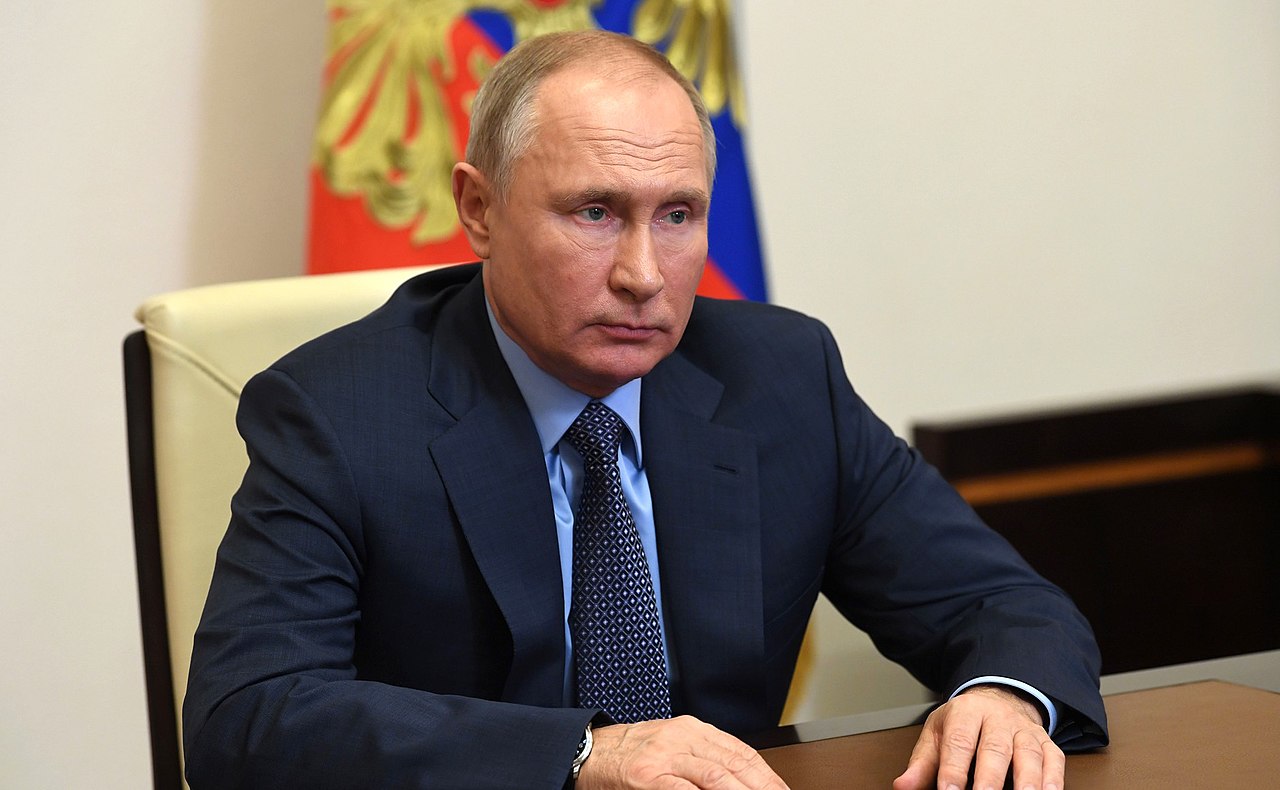HELSINKI (Washington Insider Magazine) – On Saturday, Russia ceased gas supply to Finland, an extremely symbolic decision that came only days after the Nordic nation announced its intention to join NATO and signaled the conclusion of Finland’s almost 50-year ties with Russia.
According to ABC NEWS, the Russian energy behemoth Gazprom took the action in response to Helsinki’s unwillingness to pay for gas in rubles, as Russian President Vladimir Putin has asked of European nations since Russia attacked Ukraine on February 24.
Russia cut off natural gas exports to Finland under Gasum’s contract agreement on Saturday morning at 7 a.m. local time, according to the Finnish state-owned gas provider Gasum.
The declaration comes after Moscow cut off electricity supplies to Finland earlier in the month and Neste, Finland’s state-owned oil business, decided to replace Russian crude oil imports with crude oil from somewhere else.
Finland’s energy relations with Russia have all but vanished after generations of cooperation that benefited both Moscow and Helsinki, especially in the case of cheap Russian crude oil.
Finland had an easier time breaking apart than other European Union countries. In Finland, a nation of 5.5 million people, natural gas makes up only about 5% of overall energy usage. Nearly all of the gas is imported from Russia, and it is mostly utilized by commercial and other businesses, with only about 4,000 people using it for heating.
Gasum announced it would henceforth distribute gas to its consumers from various sources via the underwater Balticconnector gas pipeline, which connects the Finnish and Baltic gas grids and runs between Estonia and Finland.
Former Prime Minister of Finland and present Speaker of Parliament Matti Vanhanen said the impact of Moscow’s move to shut off gas supply after nearly half a century of supplies from the Soviet Union is primarily symbolic.
Vanhanen said that the move signals the end of a crucial phase between Russia, the Soviet Union and Finland, not just in terms of energy but also symbolically, in a conversation with the Finnish public radio YLE on Saturday.
Vanhanen told YLE that the 2 parallel Finland-Russia natural gas pipelines, which were inaugurated in 1974, are unlikely to ever open again.
In the 1970s, the primary connections between Finland’s power grid and the Soviet communications network were built, allowing Finland to import energy if more power was needed.
Vanhanen did not perceive Moscow’s gas cutoff as retaliation for Finland’s NATO membership bid, but rather as a response to Western sanctions put on Moscow after its attack in Ukraine.
Finland boasts an 830-mile border with Russia, the longest of any of the European Union’s 27 member countries, and the two countries have a long history of conflict.
Finland chose neutrality with constructive and steady economic and political connections with Moscow after losing 2 wars to the Soviet Union during World War II. One of the most prominent evidence of amicable bilateral cooperation between former foes was large-scale energy collaboration between the 2 nations, which included nuclear power.


























